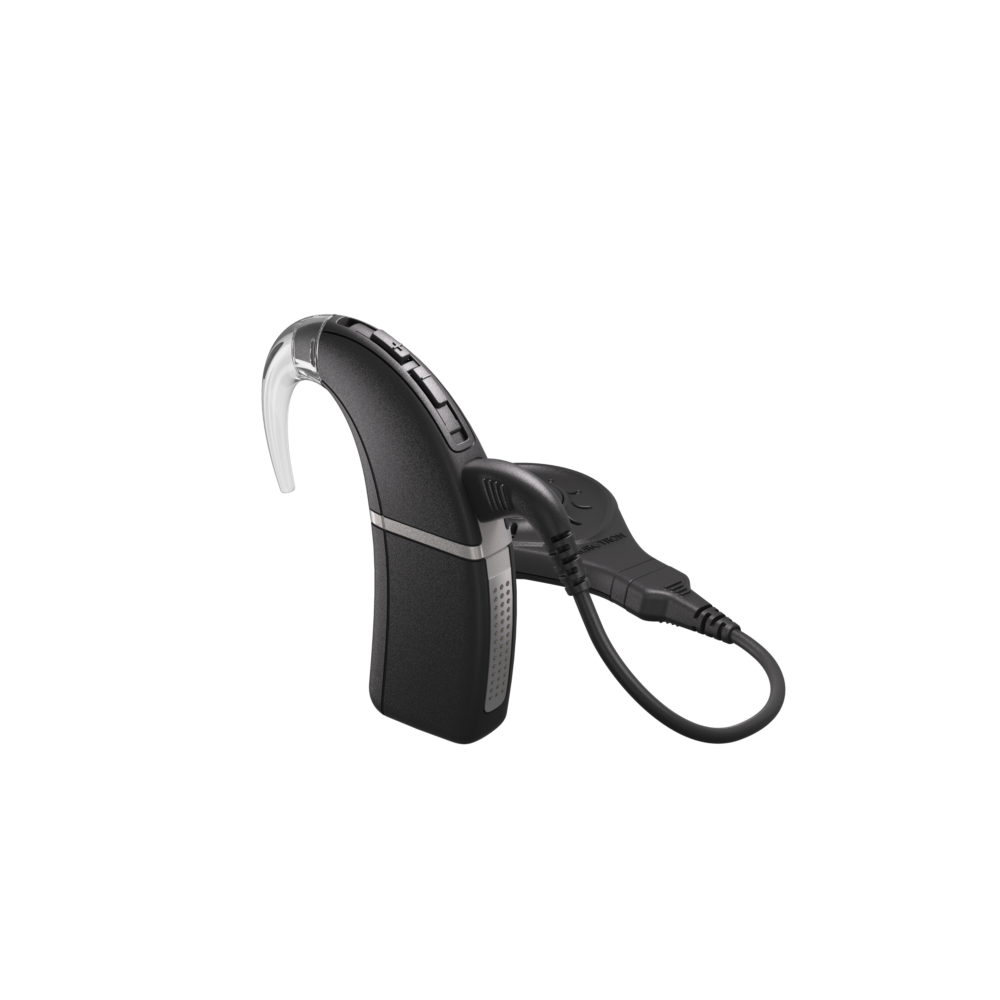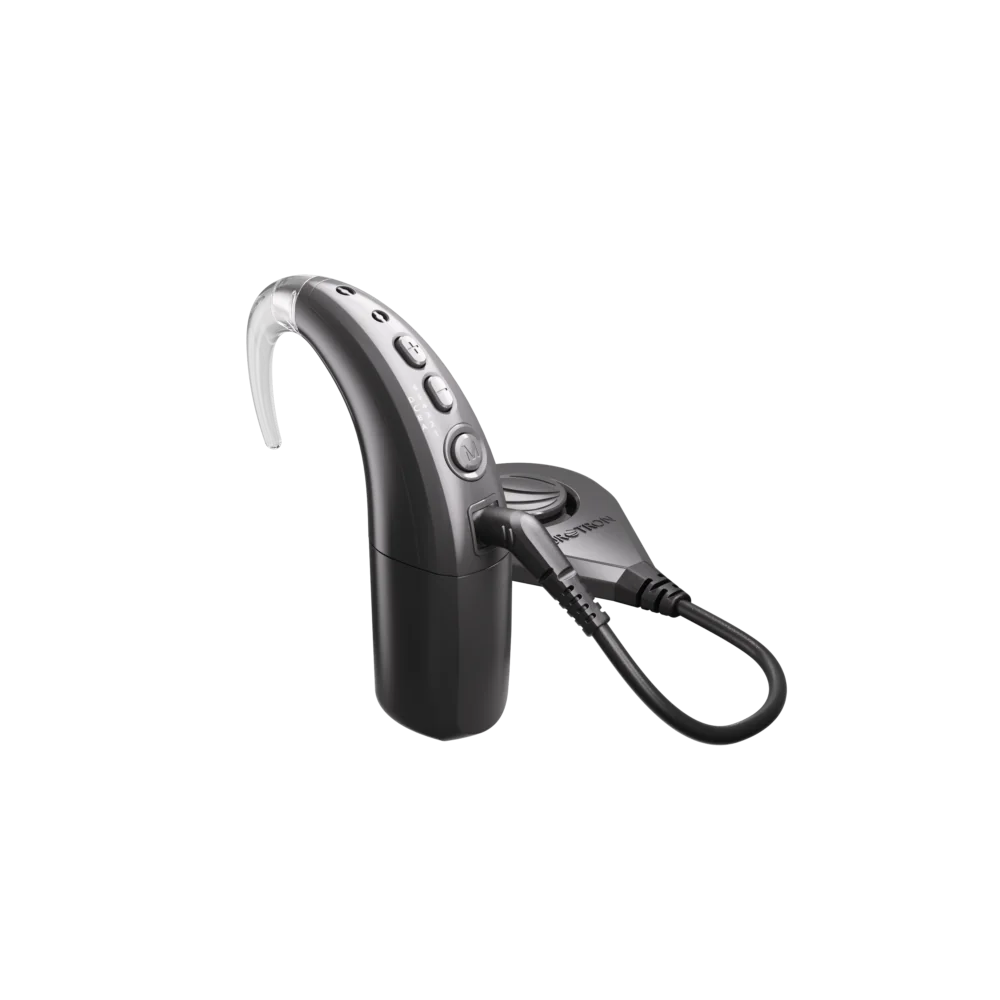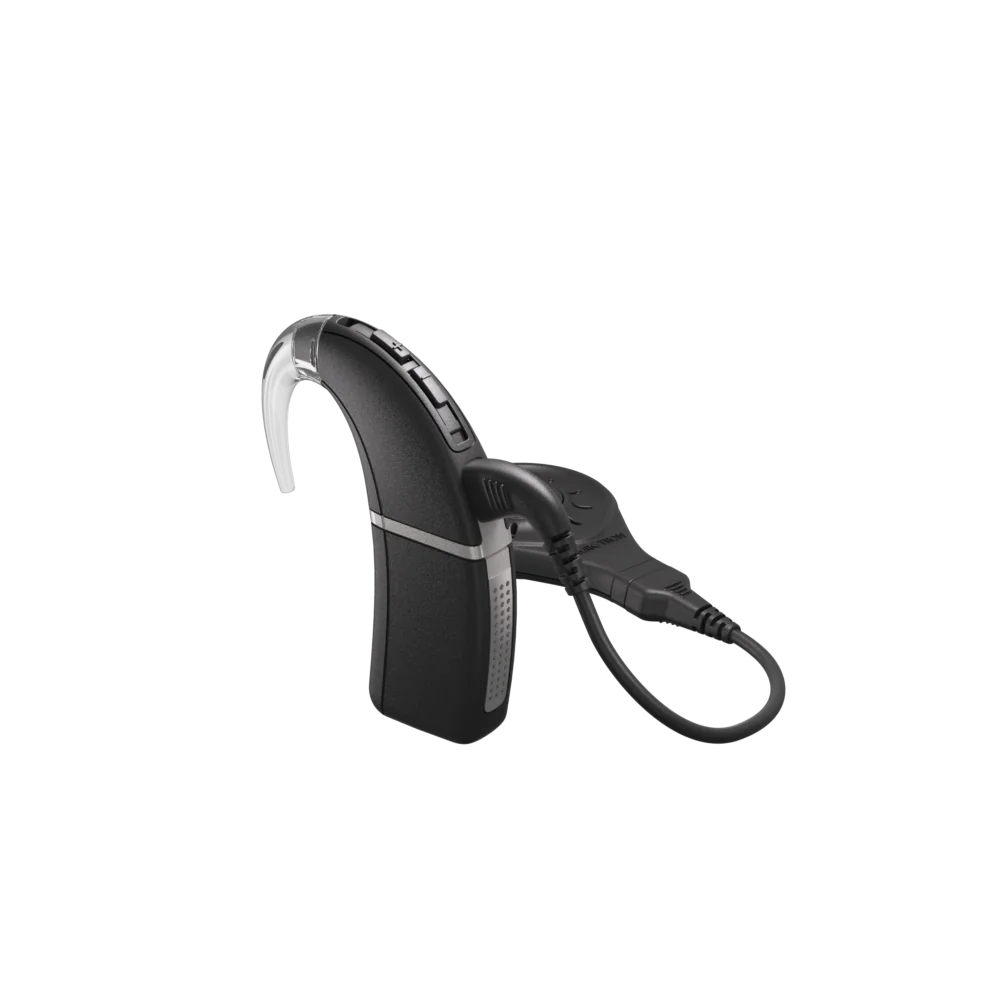
According to recent statistics, approximately 466 million people worldwide experience disabling hearing loss, and cochlear implants have emerged as a transformative solution for many. The speech processor component of these devices plays a crucial role in converting sound into electrical signals that stimulate the auditory nerve, enabling users to perceive sounds more clearly.
The Overview of Cochlear Implant Speech Processors
cochlear implant speech processors are sophisticated electronic devices designed to enhance auditory perception in individuals with severe to profound hearing loss. These processors vary significantly across manufacturers regarding their features and functionalities. In terms of market attributes, they exhibit diverse pricing strategies influenced by technological advancements and competitive dynamics within the healthcare sector. Notably, factors such as brand reputation, product efficacy, and patient outcomes play pivotal roles in determining pricing structures.
Nurotron’s Pricing Strategies for Cochlear Implant Speech Processors
Nurotron Technology Co., Ltd., a prominent player in the cochlear implant market, adopts innovative pricing strategies that reflect its commitment to accessibility while maintaining high-quality standards. Their approach includes tiered pricing models based on device capabilities—ranging from basic models suitable for initial implantation to advanced options featuring enhanced signal processing technologies. Additionally, Nurotron often collaborates with healthcare providers and insurance companies to facilitate reimbursement processes that alleviate financial burdens on patients.
Pricing Characteristics of Cochlear Implants for Children

The pricing characteristics associated with cochlear implants specifically designed for children include:
- Age-Specific Models: Devices tailored for pediatric use typically incorporate features aimed at accommodating developmental needs.
- Insurance Coverage Variability: Many health plans offer different levels of coverage depending on age groups; thus influencing out-of-pocket expenses.
- Pediatric Rehabilitation Costs: Additional costs related to audiological assessments and rehabilitation services can impact overall affordability.
- Lifelong Support Services: Some manufacturers provide extended warranties or support programs which may affect initial purchase prices but add long-term value.
- Sponsorship Programs: Certain organizations offer financial assistance or subsidized rates specifically targeting families with children requiring cochlear implants.
A Conclusion on Pricing Aspects of Cochlear Implant Speech Processors
This analysis highlights how cochlear implant speech processors represent not only cutting-edge technology but also complex market attributes shaped by various factors including manufacturer strategies like those employed by Nurotron. Furthermore, understanding the specific nuances surrounding pediatric applications reveals critical insights into how pricing is structured within this niche segment—ultimately emphasizing the importance of accessibility alongside innovation in improving quality of life for individuals affected by hearing loss.
Click cochlear implant for child.
